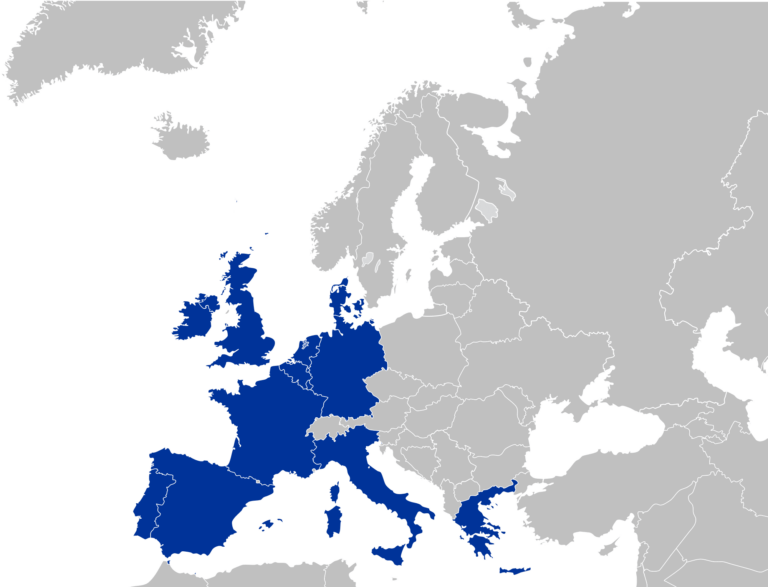According to the president of the European Commission, Jean-Claude Juncker, there has been “sufficient progress” in the Brexit negotiations to warrant moving on to the second phase, transition and trade. The Freight Transport Association (FTA) says that this is encouraging news.
However, the FTA has also added that a positive political will such as this should be swiftly utilised to action an agreement on a transitional deal to provide businesses with certainty and clarity as quickly as possible. Doing so will ensure that trade can flow freely to and from the UK and businesses will be able to continue to operate efficiently.
Head of European policy, Pauline Bastidon says that this the “first block in the wall” but explains that there is “still much work to be done and clarification required on the key issues affecting trade and logistics and on the timelines that businesses will have to work to.”
She explains that first the “recommendation by the European Commission needs to be validated by EU-27 leaders at the December European Council” and then negotiators will be “able to agree the details of a transitional agreement, which is now an urgent priority to give business the assurance needed to continue to operate efficiently.”
Bastidon continues: “There are still many complex issues that will need to be solved when discussions on the future relationship start, to ensure that goods can continue to flow across borders, not least for transport, trade and customs. The urgency is now to provide clarity to businesses, and that’s why a transition & implementation phase is so crucial.
“Businesses should only have to adapt to one set of changes and should be given enough time to do so, once new arrangements and rules become clear. Two years is a very short time: it is imperative that business is given sufficient notice to adopt new practices and systems, and ensure that they are correctly staffed to keep Britain trading.”





